I ran across this story a good while ago. While it probably deals with a movie theatre, having spent a lot of time doing “front-of-the-house” both as a student, and, later, as a faculty member, I found this to be a pretty successful attempt to make a joke out of every House Manager’s nightmare.
An old man lay awkwardly sprawled across three entire seats in the theater. When the usher came by and noticed this, he whispered to the old man, "Sorry sir, but you're only allowed one seat."
The old man didn't budge.
The usher became more impatient. "Sir, if you don't get up from there, I'm going to have to call the manager."
Once again, the old man just muttered and did nothing.
The usher marched briskly back up the aisle, and in a moment returned with the manager.
Together the two of them tried repeatedly to move the old disheveled man, but with no success.
Finally, they summoned the police.
The officer surveyed the situation briefly, then asked, "All right, buddy, what's your name?"
"Fred," the old man moaned.
"Where you from, Fred?" asked the police officer.
With a terrible strain in his voice, and without moving, Fred replied; "The balcony"....
I think that the creators of “Thatababy” MAY have solved the problem of casting the part of Caesar in Shakespeare’s play for all time.
Some Theatre-Lobby Notices by Andy Borowitz from the New Yorker:
WARNING: In Act II there is gunfire, an explosion, and a lengthy monologue by a character named Mr. God.
WARNING: Owing to a typographical error, the Times review of this play omitted the word “horrible.”
WARNING: In Act III, there is full-frontal nudity, but not involving the actor you would like to see naked.
WARNING: Any audience members you may hear laughing this evening have been paid handsomely to do so.
WARNING: Tonight’s play is being produced in spite of explicit instructions in the dead playwright’s will to “burn all remaining copies to a crisp.”
WARNING: The role usually played by Sir Ian McKellen will be performed tonight by the actor who played Isaac on “The Love Boat.”
WARNING: This play has a title very similar to that of another play currently running on Broadway, which is the one you meant to purchase tickets for.
WARNING: Tom Stoppard found the play you are about to see “confusing.”
WARNING: Tonight’s play is performed without an intermission and you will be stuck here forever.
So much for Lobby Notices! Moving right along to critics and reviews….
Understandably, nobody is particularly “fond” of negative reviews of their work. I believe that it helps to be your own worst critic and always suggested to my students that they should follow that practice. Certainly, they should be pleased when their work comes up to their (hopefully high) standards, and they should always try to figure out how to do better when it doesn’t. But that they shouldn’t, necessarily, be too overly upset when someone makes negative comments, or too over-joyed when somebody praises their work.
I don’t think it’s particularly arrogant to suggest that only the creators truly have a grasp of what was being attempted. I remember being criticized when I directed Beckett’s Waiting for Godot because the student critic for The Carolinian didn’t feel the characters were feeling what he thought was the “appropriate existential anguish.” I didn’t have the heart to tell him that we (the cast and I) thought that Beckett’s point was that he (therefore, we) didn’t want to show the characters experiencing that “anguish.”
We thought that Beckett (and, therefore, we) wanted the audience to be anguished by the character’s lack of it! We weren’t after a “look how they are suffering!” response, which, apparently, was what this student desired. What we wanted was the “It’s very upsetting to me that these characters just can’t get it together enough to actually DO anything meaningful about their problems!” After all, one doesn’t get anywhere by simply waiting for a solution to show up, which is, basically, what they do for the whole play. This is why Beckett wrote the play, at least as we understood it.
Consequently, I was only frustrated that the student reviewer was unwilling to accept what he suggested was an apparently successful production because he was unwilling to look at what we were attempting, rather than what he thought we SHOULD be attempting. Thus, he was not following Goethe’s “Rules” for critics.
Still, unpleasant reviews do make one wish to do something like what is shown in this “Shoe” cartoon.
CITIZENS' STATE UNIVERSITY
April 13, 1964
From: Dr. Earl Prince King
Dean of the Faculty
To: Mr. William Shakespeare
English Department
Re: Termination of Employment
Dear Professor Shakespeare:
You are hereby relieved of your duties at Citizens' State University and are placed on sick leave for the remainder of the semester, at which time your contract will be terminated. Due to an unexpected vacancy last summer, my predecessor had to hire you more hastily than usual, without a detailed examination of your qualifications. (You will recall that you did not furnish references.) However, alert Christian students have called my attention to your writings (the few that have been published); and from an alumnus in London I have secured a report about your unpublished plays, the ones in the repertory of the Globe Theater there. In addition, various facts about your career have finally reached us here in the United States. Some of them have even become known around the campus. I am afraid that 1 will have to dispense with politeness and speak bluntly.
To begin with, you are on record as having spelled your family name in at least thirteen different ways, which suggests that you are an imposter; and it has even been charged that you are not William Shakespeare at all but one Francis Bacon, a convicted bribe-taker. When you were only nineteen, living in Stratford, England, you produced pregnancy in a girl and had to marry her so hastily that you needed special permission from the Bishop. About two years later, after two more children, you left your family behind in Stratford and commenced residence in London, not rejoining them for about twenty-five years. According to your-own sonnets, you have committed adultery or have tried to commit it with a certain "dark lady." Other love affairs of yours have become common gossip. For instance, a friend of yours, Richard Burbage, says that you cheated him (as well as your wife) by visiting a woman with whom he had made an appointment. When he knocked at the door, you opened it and said, "Remember: William the Conqueror comes before Richard the Lion-Hearted." (For your information, I see nothing humorous about the incident.)
As for your writings, they reek (and I use the word advisedly) of sex and violence. In the opinion of the University's lawyers, your very first work, Venus and Adonis, is obscene and ought to have been banned.
Your sonnets have aroused the suspicion, not only in me, but in the University's psychiatrist, Dr. Summerfield, that you may be a pervert or that you have been one. About half of them are declarations of love to a young man.
The characters in your plays kill, duel, make war, steal, go to prostitutes, deprive girls of their virginity, swear, drink, talk about sex, miscegenate, and commit suicide. They even doubt the existence of God and God's Plan.
In Henry IV, you think it is very funny to depict a Crown Prince stealing purses. In Romeo and Juliet, you think it is extremely funny to portray young men who brawl in the streets and rob girls of their virtue without marrying them. In Hamlet, you ask us to feel sorry for a young man because he does not behave like a delinquent; you consider him a coward because he refuses to kill his stepfather. Your Antony and Cleopatra are simply juvenile delinquents upon a global scale, obsessed with sex and not even married.
At least four of your plays (if they are published) would prove offensive to minority groups at any American university. In Othello, you try to romanticize marriage between Negroes and whites. Not only would many whites object; many Negroes would, too. In Romeo and Juliet and Antony and Cleopatra, you could offend Catholic students by your glorification of suicide. In Romeo and Juliet, everybody is a Catholic and yet everybody thinks the suicide is beautiful. Not even the Catholic priest says the lovers have gone to hell. (I might as well say flatly, Professor Shakespeare, that I find all of your plays unbelievable.) In The Merchant of Venice, you portray a Jew who demands a pound of Gentile flesh.
As for religion; not one of your plays glorifies it -- at least not clearly and unambiguously. One moment you are saying, "There's a divinity that shapes our ends"; and the next moment you are wondering whether life signifies nothing. Are you an agnostic? Are you an atheist? If you are a Christian, why don't you come right out and tell us so?
In regard to your teaching, I will only say that to the best of my knowledge, I find it very hard to believe that your four sections of freshmen are learning to write plain, simple English from you. Frankly, in both your poetry and prose you sound as though you were intoxicated. Your style totters on the edge of absurdity or even insanity. You are wordy, crude, obscure, and addicted to far-fetched figures of speech. As the former Director of the University's Testing Service, I can state with some authority that on nearly every page you exhibit emotional instability and immaturity.
Although Citizens' State believes in academic freedom, it does not believe in academic license. Consequently, I cannot provide you with a letter of recommendation, and no member of the English Department will be permitted to give you one.
Sincerely yours,
Earl Prince King, Ph. D.
Distinguished Service Professor
and Dean of the Faculty.
P. S. I regret having to send this dismissal notice just before your birthday, but a deep concern for the welfare of your students compels me to act without further delay.
From: Saturday Review (April 18, 1964), p. 59
LLAP
Dr. B
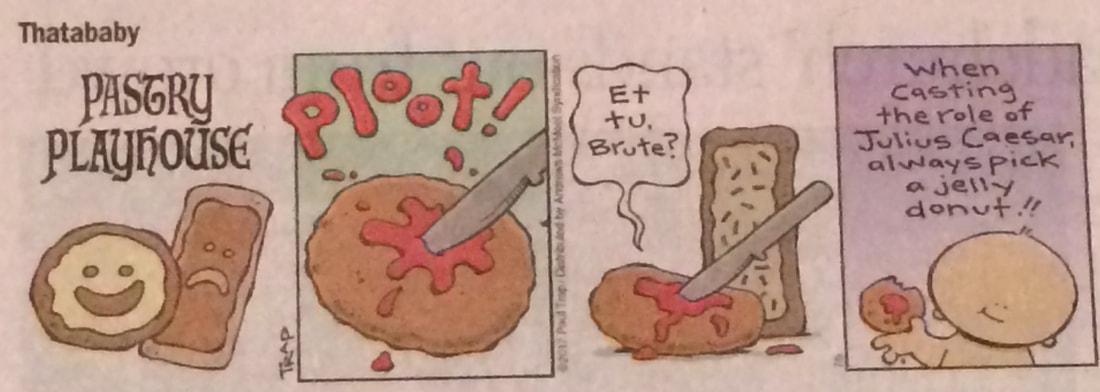
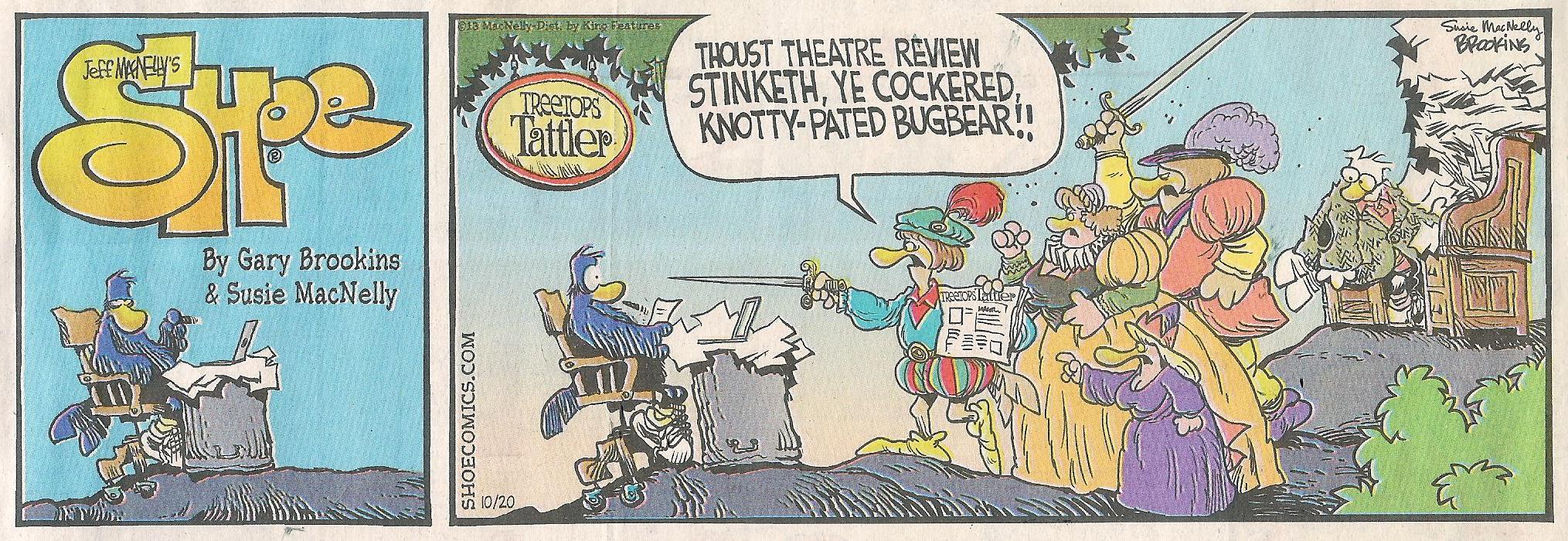
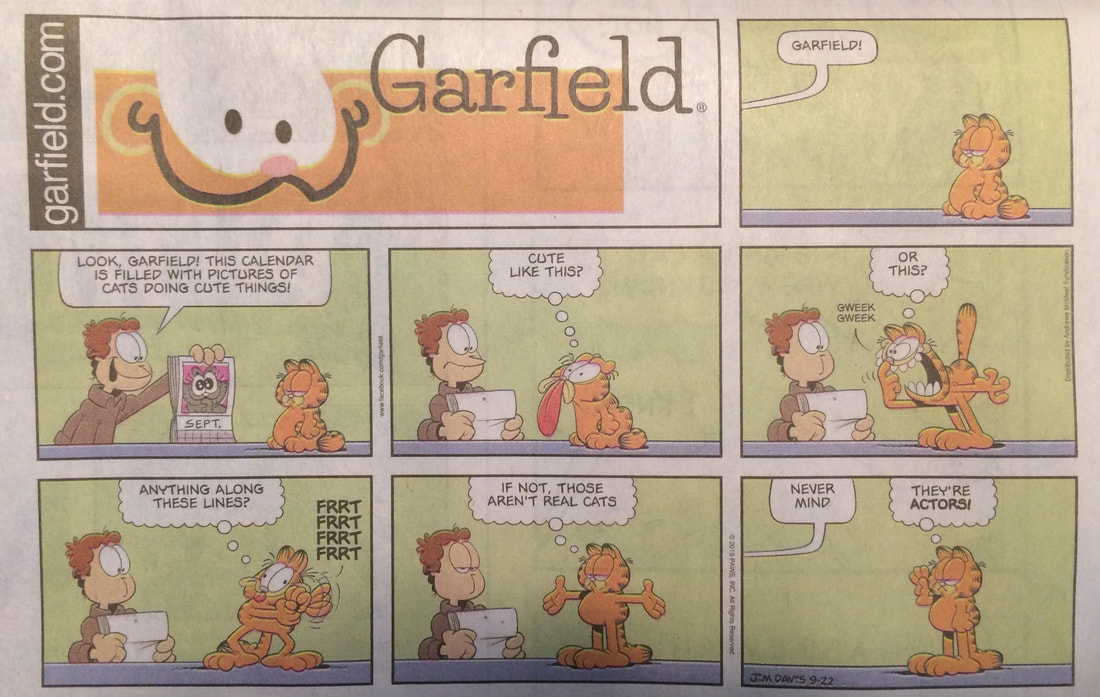
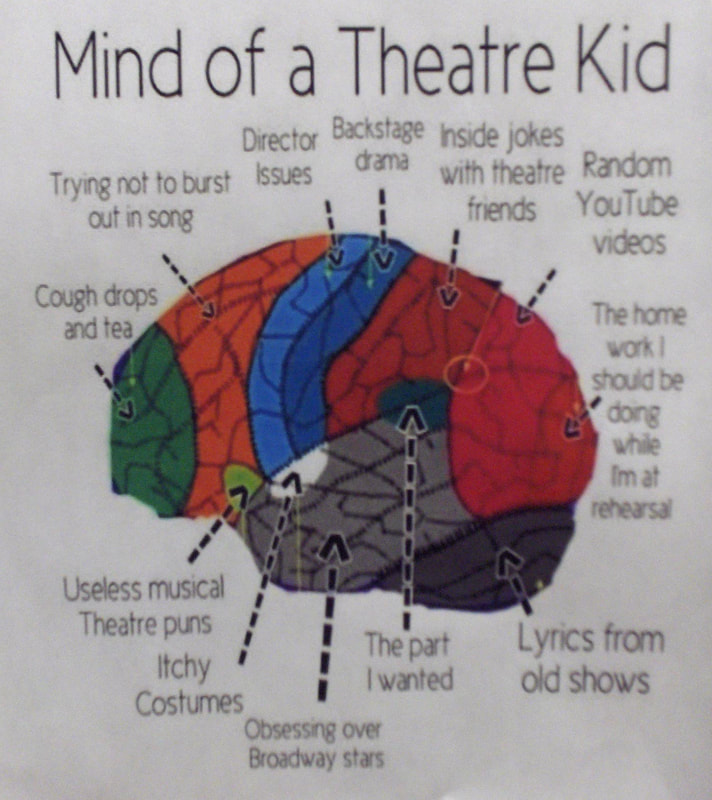

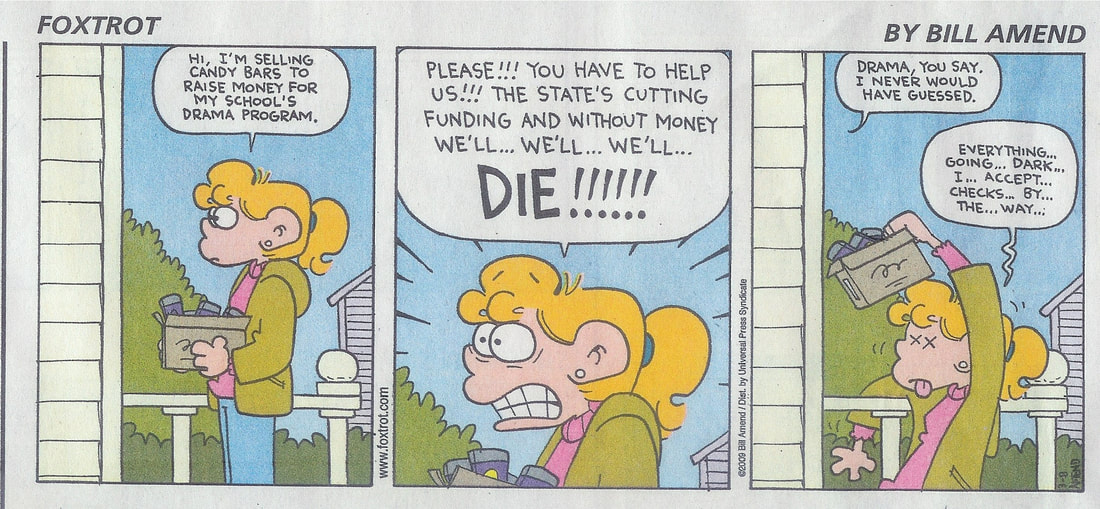

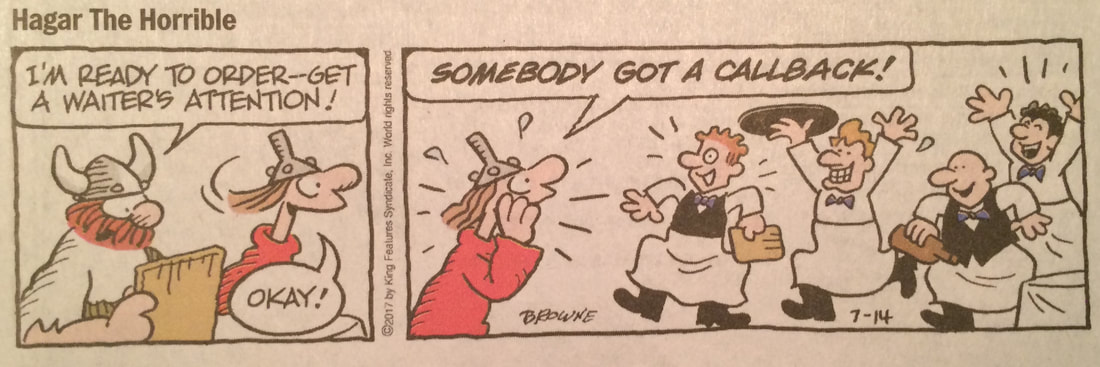
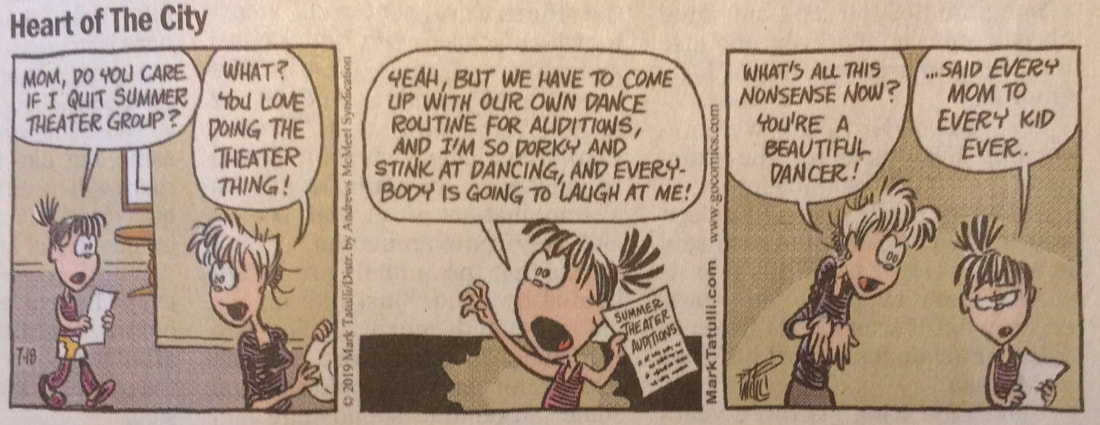

 RSS Feed
RSS Feed